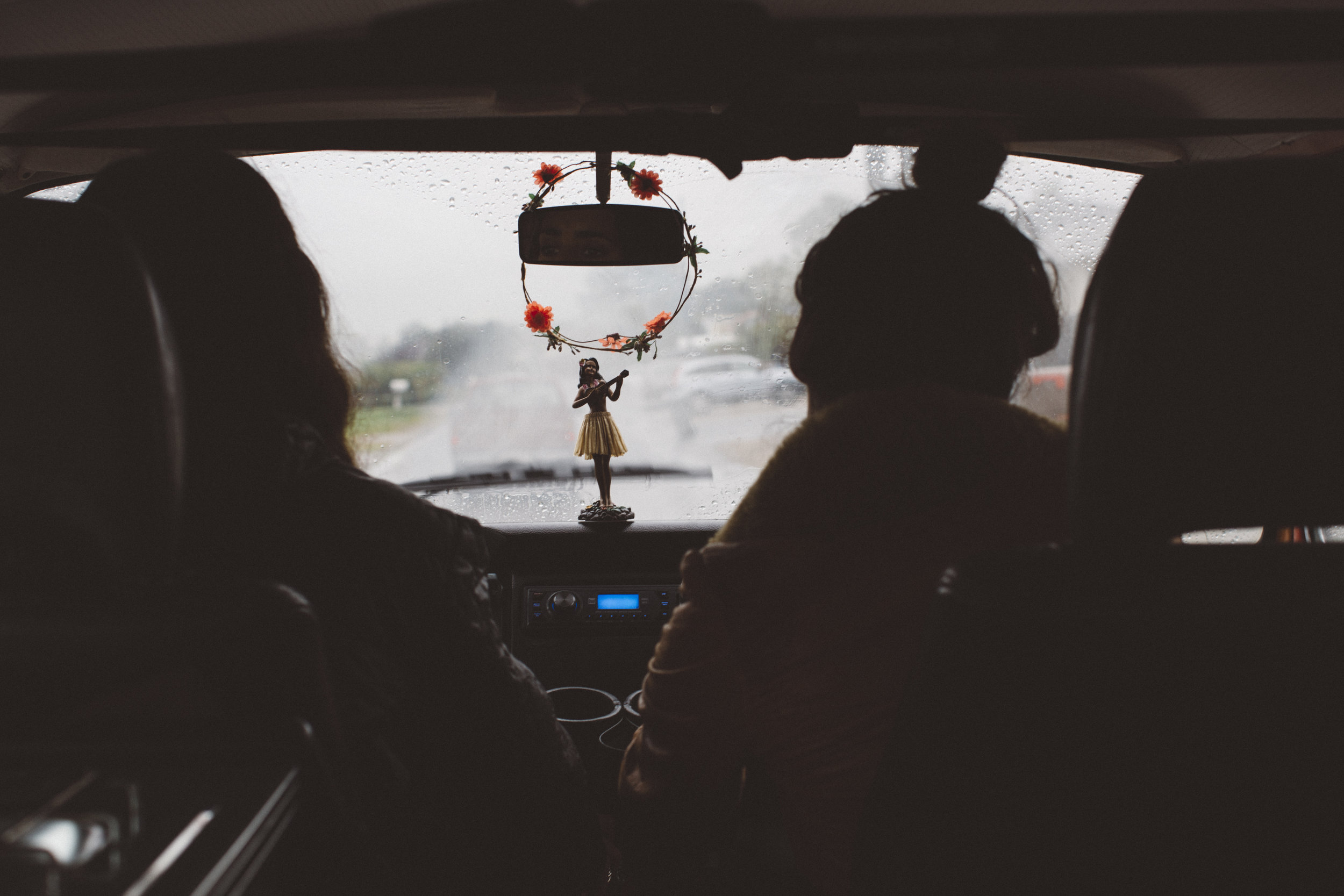Tips on how to have a safe campfire and not burn the whole place down!
Fire season in California runs from about June through September, but can start as early as April, and run through November in dry or drought years. It’s serious business here. Public campgrounds will likely conspicuously display what is considered the local level of fire danger, and institute rules and regulations based on the current level of danger. If you don’t see a sign, ask. Always follow the rules on this stuff.
PRIME RULE #1 TO FOLLOW: Wind is the cause of many a raging wildfire! If it is windy or becomes blustery after you have started enjoying your campfire, the safest and wisest thing is to carefully douse your fire to full extinguishment with water. Be careful to not cause embers or sparks to migrate past your protective fire ring.
It is always best, and just good camp etiquette, to use already existing pits or rings for your campfire. That way any root systems or other underground combustibles are not likely to be an issue. Secondly, you’re not going to be adding another layer of burnt charcoal to the dirt area of your camp, something that is not good to leave behind for future campers to deal with.
If having a campfire is crucial to your joy and happiness, and there are restrictions on fires where you are, you may want to invest in a small propane campfire set up. See this link.
In every case never leave any fire unattended, and make sure to fully douse your fire with water before retiring for the night or leaving the site.
Be Fire Safe and Fire Wise!




